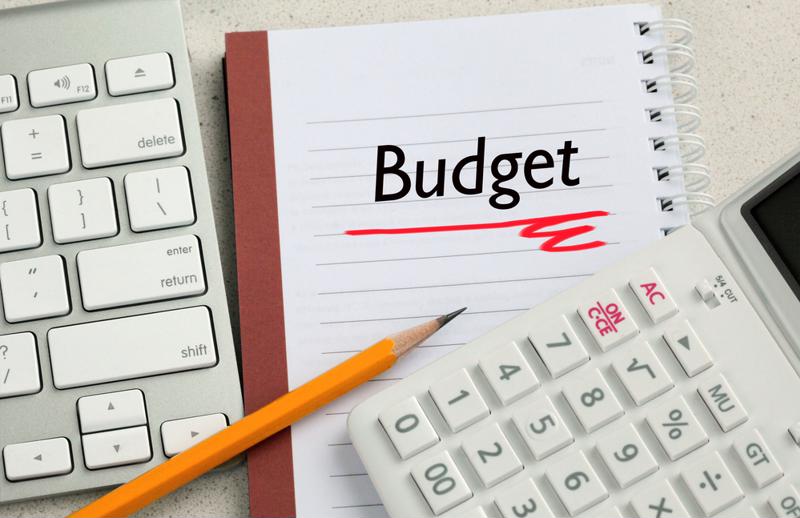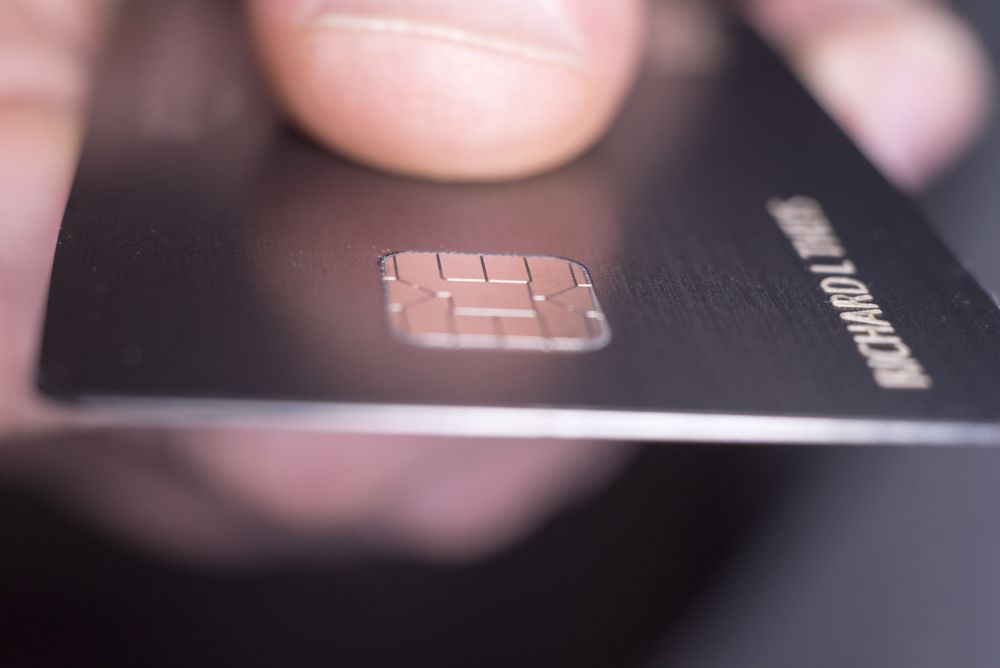How to stop stressing and start spending your money guilt-free
Let's face it: Finances can be stressful.
According to a recent Gallagher Employee Financial Confidence Report, 70% of respondents admitted to worrying about spending money while they're at work. Finances have always been a common burden, but the changes in the economic environment since the start of the pandemic have made Australians feel more stressed about unexpected costs, rising living expenses and lower balances in savings accounts.
While it's important to set aside money for savings (especially if you're trying to replenish your account) and bills, you're still going to spend money while you're making it. You're likely paying for articles of clothing, dinners out with friends, vacations with family and other desirable items. And while these costs can add up, you deserve to spend your money without feeling overwhelmed by the fact. After all, you earned it.
Instead of getting overly stressed out about spending, why not create a new budget and keep your fun money in order? Here are our tips for getting yourself to a place where spending money becomes guilt-free:
1. Evaluate your expenses
Before you can get serious about setting aside money for spending, take a moment to evaluate the amount you bring in versus the amount you spend each month. Think about fixed expenses, such as rent or a mortgage, utilities, school fees, insurance, transportation costs and credit cards, according to the Raising Children Network of Australia. Assess potential variable spending as well, such as money spent on holidays, food, household goods, personal items, repairs and entertainment.
When evaluating your expenses, specifically discretionary ones, determine which of the outgoings you feel are less important to you, and which ones remain your non-negotiables. This allows you to use the money you would normally spend casually on the things that are more important to you.

Once you get a good idea of how much you're currently utilising, you can figure out how much bandwidth you have to spend and save. For example, have you been overspending on your credit cards? Do you have enough money to pay them off or keep them at a healthy balance? These are questions to consider on a regular basis to ensure you're making the most of your own money.
You can also properly create a budget and learn where to make significant changes so you feel less guilty about spending moving forward.
2. Set your goals
Besides spending with peace of mind, what are the other goals you have for your financial future? A reevaluation of your personal financial objectives can also make it easier to start budgeting. When you put your goals on paper, they become more realistic, and it can help you hold yourself accountable for making them actionable in the future.
3. Create a budget
If you feel like you've lost control of your expenses and you need a helping hand, creating a budget is your first step to financial freedom. A budget allows you to put away emergency money, ensure you have enough to pay your bills, set personal and professionals goals for yourself and your family and, of course, fun money to spend without feeling guilty about it. Here's how we recommend setting your own budget. If you plan to work with a financial planner, think about these points before you get to your appointment:
- Create a budget timeframe. Monthly and bi-weekly budgets are commonly based on bill payment periods and paydays, but you can tailor your version to your personal needs and considerations.
- Make an income list. How much money do you have coming in and how often does it hit your bank account?
- Go back over your expenses. Understanding your fixed and variable expenses is essential to get a wide-lens look at your spending habits. Also be sure to determine which of the variable expenses you can do without and which are your non-negitiables.
- Figure out how much money you can save or invest. Learn how to divide your money, realistically and automate the allocation of these funds.
- Give yourself a limit for spending. This may be the most important part of your budget if spending money guilt-free is your top priority. This is the amount of money you have after paying fixed and variable expenses and putting money in savings.
An extra step to consider: Plan how you'll use your fun money. This can make it easier to look forward to spending and can give you a better idea of what you can get within your limit.

4. Work with a financial planner to stay organized
By planning ahead and staying on top of your finances, guilt-free spending is attainable. Creating a financial plan for yourself is the easiest way to be more mindful of your spending; when you organise your money and give each dollar a purpose, you can limit impulse buying and feel less guilty and stressed when it's time to go shopping.
At SmartMoney Wealth Management, we want to help you feel comfortable and connected to your finances. One of our highly skilled professional advisors will sit down with you to go over your finances, help you develop a budget and show you a strategy that allows you to spend your money without feeling weighed down every time you swipe your card.
Remember: With life's many changes comes the need to adjust your budget. Your advisor will revisit your budget with you on a regular basis to reassess your savings versus spending money and adjust limits depending on your goals.
Don't let the stress of spending keep you from making the purchases you deserve. Contact us today for a free consultation to get started on your financial plan.







